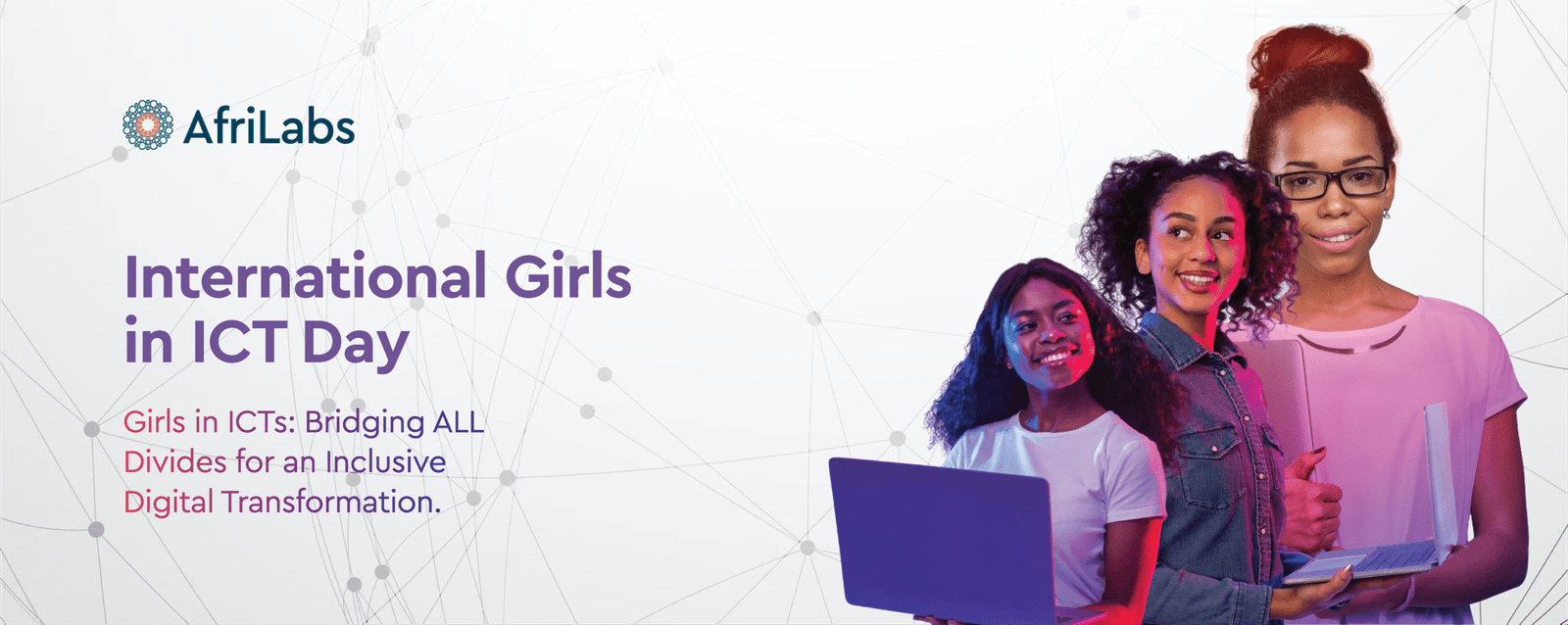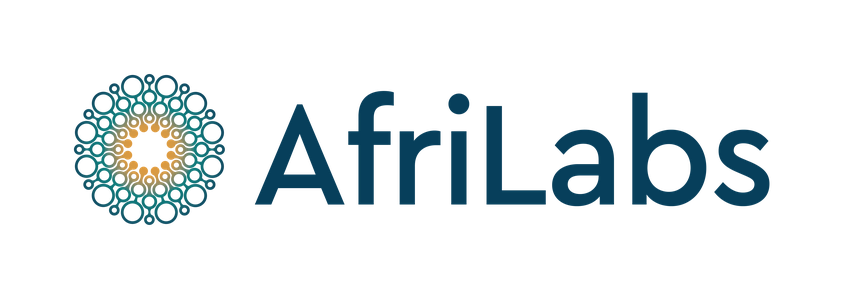Girls in ICTs: Bridging ALL Divides for an Inclusive Digital Transformation

Today, AfriLabs proudly joins the global community in commemorating International Girls in ICT Day 2025, under the theme: “Girls in ICTs: Bridging ALL Divides for an Inclusive Digital Transformation.”
This global observance, established by the International Telecommunication Union (ITU), underscores the urgent need to empower more girls and young women to explore careers in information and communication technologies. It serves as a powerful reminder that bridging gender digital divides is not merely a matter of equity, but a foundational pillar for inclusive growth and innovation.
As Africa continues its digital transformation journey, one truth becomes increasingly clear: we cannot afford to leave anyone behind—especially not half the population. Across the continent, girls still face numerous obstacles in accessing digital tools, quality STEM education, and opportunities in the tech sector. The gender digital divide is particularly stark in low-income regions, where access to the internet and digital skills training remains a privilege for a few. According to the ITU, in the least developed countries, only 19% of women are online compared to 86% of men in some regions. These statistics are more than numbers—they represent missed potential, lost voices, and opportunities unrealized.
However, this narrative is shifting and AfriLabs is proud to be part of that change. Our network of over 500 innovation hubs across 53 African countries is playing a critical role in building inclusive ecosystems that actively encourage, train, and support young girls to thrive in the digital space. We have seen firsthand how targeted mentorship programs, community-driven coding bootcamps, and inclusive design practices are opening doors for thousands of young women across the continent. In these hubs, girls are not just learning how to use technology, they are becoming creators, problem-solvers, and entrepreneurs.
Take, for instance, the story of Fatima, a 17-year-old from northern Nigeria who discovered her passion for artificial intelligence through a local hub affiliated with AfriLabs. With support from her mentors, she is now developing a mobile application that uses machine learning to help farmers detect crop diseases. Or Thandi from South Africa, who joined a robotics club as the only girl and is now leading it, training the next generation of girls in her community. These stories, among many others, illustrate what becomes possible when we invest in the potential of young women and create inclusive environments where they can thrive.
The theme for this year—Bridging ALL Divides—calls for a comprehensive approach that goes beyond digital inclusion. It means dismantling the social, economic, cultural, and infrastructural barriers that prevent girls from entering and excelling in ICT fields. We need to ensure that girls not only gain access to digital tools but are also equipped with the confidence, mentorship, and resources to navigate and lead in the tech space. This calls for collective action. Governments must prioritize gender-responsive digital policies and education reforms. The private sector must build gender-inclusive career pathways and fund women-led innovations. And communities must encourage girls’ curiosity and ambition from an early age.
At AfriLabs, inclusion is not an afterthought, it is central to how we build and grow Africa’s innovation ecosystem. We believe digital transformation must be shaped by everyone and for everyone. By equipping girls with the tools, knowledge, and support they need today, we are not only addressing inequality—we are laying the foundation for a more just, prosperous, and innovative Africa.
As we mark this important day, let’s remember that girls in ICT are not just future professionals, they are the architects of tomorrow’s Africa. Their ideas, perspectives, and leadership are essential to shaping a digital future that works for all. Let us commit to bridging every divide, opening every door, and lighting every path. The future is digital, the future is female, and the future is now.
